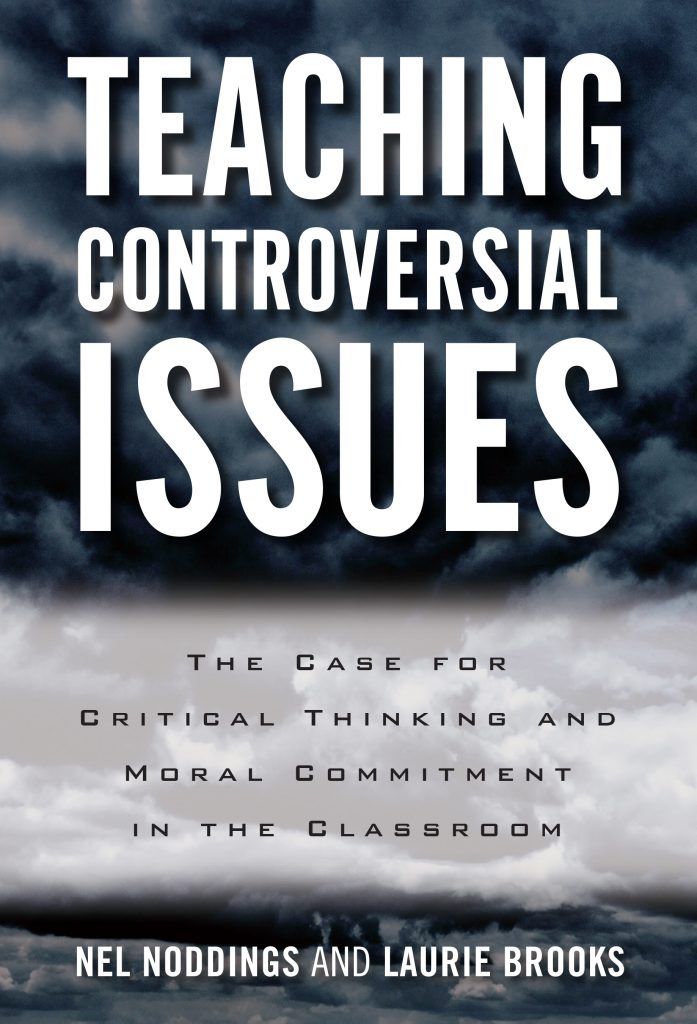By Roy Danovitch via www.thinksoup.org
One of my favorite pastimes is contacting professors, authors, and academics I admire, and somehow asking them if they might be ok to sit down with me to discuss their work. Actually, it’s not really a pastime, but I’ve done it enough to feel confident in my approach. You send them an email, ask a pertinent or stimulating question, and await their reply.
A few months ago, I took it upon my self to contact Nel Noddings, whose contributions to the field of education, philosophy, ethics, and teaching have been profound. She is currently the Jacks Professor Emerti of Child Education at Stanford University, where she also earned her PhD in Philosophy of Education in 1975. She’s served on the faculties of Columbia University, University of Chicago, and Penn State Univerity, and she also directed the Lab School at the University of Chicago. She is also former president of the John Dewey Society and the Philosophy of Education Society. She has written books on democratic education, care based ethics, peace education, school reform, and many other topics. Even more impressively, she has 22 grand children and 10 great grand children. A strong body of work by any standard.
After corresponding with her over email (I had just completed her work on Democracy and Education in the 21st century), she invited me to her home in Ocean Grove, New Jersey, right on the Jersey Shore. When I arrived, we immediately set to talking about education, philosophy, and all the rest. She prepared a tray with two mugs of coffee, we found a place to sit down in her book filled living room, and I immediately asked her about her career– and where she developed her philosophy of education (and whether she still has one). This might be a silly question– of course she has a philosophy of education– but I also understood from her work that she has no fixed ideas and answers about what education means. She doesn’t believe in antecedent first principles. She is a Deweyite, in the sense that she sees meaning as rooted in experience. Because experience is always changing, so must our concepts, ideas, and principles. Here’s how she puts it:
I have a philosophy of education, but it isn’t something you can just state in a couple words. I mean it’s something that bothers me about a lot of what’s going on in education at every level now. People would like to hang simple words on things, you know? Along with Dewey, I think that’s a mistake. Things are more complicated, more complex, than that. Maybe that was one reason he hesitated to label himself a pragmatist. He always stepped back from that. He didn’t want that label. Nor did he want to use the words progressive education, because his fundamental philosophy tended toward the pragmatic, but the idea was that you start with what’s right in front of you. You know? The current problem. You look both backward and forward, and you try things out, and you don’t buy anything hook, line, and sinker. If I’m going to describe my philosophy in a few words, that’s it: you don’t buy anything hook, line, and sinker.
To continue reading the blog post, click here.
To order Nel Noddings’ newest book, Teaching Controversial Issues: The Case for Critical Thinking And Moral Commitment in the Classroom, click here.

